Ron Postuma, Ph.D.
Professor, Department of Neurology and Neurosurgery, Faculty of Medicine, McGill University
Researcher, Department of Neurological Sciences, Division of Neurology, MUHC
Researcher, CARSM, CIUSSS-NÎM-HSCM
Phone: 514-934-8026
ron.postuma@mcgill.ca
Training
M.D. at the University of Manitoba (1995)
Fellowship in clinical research and training in internal medicine at the University of Manitoba and the University of Melbourne (1995-1999)
Fellowship in Neurology at McGill University (1999-2002)
Fellowship in Movement Disorders Research at the University of Toronto (2002-2004)
Masters in Epidemiology at McGill University (2004-2006).
Research interests
He is interested in Parkinson's disease, in particular the detection of early stages of the disease, the examination of the impact of non-motor symptoms on the subtype and prognosis of the disease, and the testing new treatments for non-motor manifestations, such as sleep disturbances. Dr. Postuma is also studying the risks of neurodegeneration associated with REM sleep behavior disorder.
Methodological approaches
His multidisciplinary research team is actively following a cohort of people (the largest in the world) with REM sleep behavior disorder, a sleep disorder where people mimic their dreams at night. A neurological and neuropsychological assessment is done annually in these people. Imaging tests and blood tests are also completed in this cohort. The aim is to study the progression of REM sleep behavior disorder towards possible neurological problems such as Parkinson's disease (PD) or Lewy body dementia (LBD) in order to identify early markers of neurodegeneration.
Dr. Postuma also follows people with Parkinson's disease. Certain treatments have been studied to reduce the insomnia and daytime sleepiness observed in this patient population. Studies were also completed to assess non-motor problems related to the autonomic system.
Fundings
Canadian Institutes of Health Research (CIHR) Foundation Grant
Michael J Fox Foundation Grant
National Institute of Health (NIH) Grant
My team

Amélie Pelletier, Ph.D.
Research Associate

Marie-Josée Quinn
Medical Laboratory Technician

Aurélie Boivin De Billy
Medical Laboratory Technician
Selected publications
Risk and predictors of dementia and parkinsonism in idiopathic REM sleep behaviour disorder: a multicentre study. Postuma RB, Iranzo A, Hu M, Högl B, Boeve BF, Manni R, Oertel WH, Arnulf I, Ferini-Strambi L, Puligheddu M, Antelmi E, Cochen De Cock V, Arnaldi D, Mollenhauer B, Videnovic A, Sonka K, Jung KY, Kunz D, Dauvilliers Y, Provini F, Lewis SJ, Buskova J, Pavlova M, Heidbreder A, Montplaisir JY, Santamaria J, Barber TR, Stefani A, St Louis EK, Terzaghi M, Janzen A, Leu-Semenescu S, Plazzi G, Nobili F, Sixel-Doering F, Dusek P, Bes F, Cortelli P, Ehgoetz Martens K, Gagnon JF, Gaig C, Zucconi M, Trenkwalder C, Gan-Or Z, Lo C, Rolinski M, Mahlknecht P, Holzknecht E, Boeve AR, Teigen LN, Toscano G, Mayer G, Morbelli S, Dawson B, Pelletier A. Brain. 2019 Mar 1;142(3):744-759. doi: 10.1093/brain/awz030. PMID: 30789229
MDS clinical diagnostic criteria for Parkinson’s disease. Postuma RB, Berg D, Stern M, Poewe W, Olanow CW, Oertel W, Obeso J, Marek K, Litvan I, Lang AE, Halliday G, Goetz CG, Gasser T, Dubois B, Chan P, Bloem BR, Adler CH, Deuschl G. Mov Disord. 2015 Oct;30(12):1591-601. doi: 10.1002/mds.26424. PMID: 26474316
Caffeine as symptomatic treatment for Parkinson disease (Café-PD): A randomized trial. Postuma RB, Anang J, Pelletier A, Joseph L, Moscovich M, Grimes D, Furtado S, Munhoz RP, Appel-Cresswell S, Moro A, Borys A, Hobson D, Lang AE. Neurology. 2017 Oct 24;89(17):1795-1803. doi: 10.1212/WNL.0000000000004568. Epub 2017 Sep 27. PMID: 28954882
Clinical criteria for subtyping Parkinson’s disease: biomarkers and longitudinal progression. Fereshtehnejad SM, Zeighami Y, Dagher A, Postuma RB. Brain. 2017 Jul 1;140(7):1959-1976. doi: 10.1093/brain/awx118. PMID: 28549077
Evolution of prodromal Parkinson’s disease and dementia with Lewy bodies: a prospective study. Fereshtehnejad SM, Yao C, Pelletier A, Montplaisir JY, Gagnon JF, Postuma RB. Brain. 2019 Jul 1;142(7):2051-2067. doi: 10.1093/brain/awz111. PMID: 31111143
Projects
Brain imaging as a prodromal marker of neurodegeneration in synucleinopathy.
Neurological diseases such as Parkinson's disease (PD) or Lewy body dementia (LBD) have a long prodromal phase, during which a set of symptoms is present without the disease being fully developed. This phase is a key period for the development of new preventive treatments, as they could be used when they are most likely to work. The study of the prodromal phase of PD and LBD was limited until it was discovered that > 80% of people with REM sleep behavior disorder (REM sleep disorder) are in fact in a prodromal stage of the PD and LBD. This means that studying people with REM sleep disorder provides a rare opportunity to directly observe the early stages of these neurological diseases. Although routine clinical scans appear normal in people with REM sleep disorder, recent major developments have been observed. It is possible to note a decrease in the dopaminergic system by positron emission tomography (PET) and by cerebral imaging by regional cerebral perfusion (SPECT), a precursor sign of motor parkinsonism. We have developed a PET analysis of the cholinergic system to better understand the cognitive losses measured in the REM sleep disorder. There are also new MRI techniques with great potential to identify PD / LBD at an early stage. One of our studies aims to recruit 20 people with REM sleep disorder and 10 healthy subjects. A full clinical examination will be done, central to another project on our REM sleep disorder cohort. All patients will have 3 different brain scans: cholinergic PET, dopaminergic PET and MRI which includes 3 new prodromal markers of PD / LBD. The patients will be followed up annually to determine if the results of the scans can predict the development of neurological diseases in the future. This study will: 1) determine whether the cholinergic system is abnormal in the early stage of PD / LBD and whether this may explain certain cognitive changes observed in our patients; 2) to study 3 new MRI markers to diagnose the early stage of the disease; 3) to continue monitoring the largest cohort in the world of people with REM sleep disorder to follow the evolution of the many prodromal markers already identified and new ones that will be discovered in the future.

